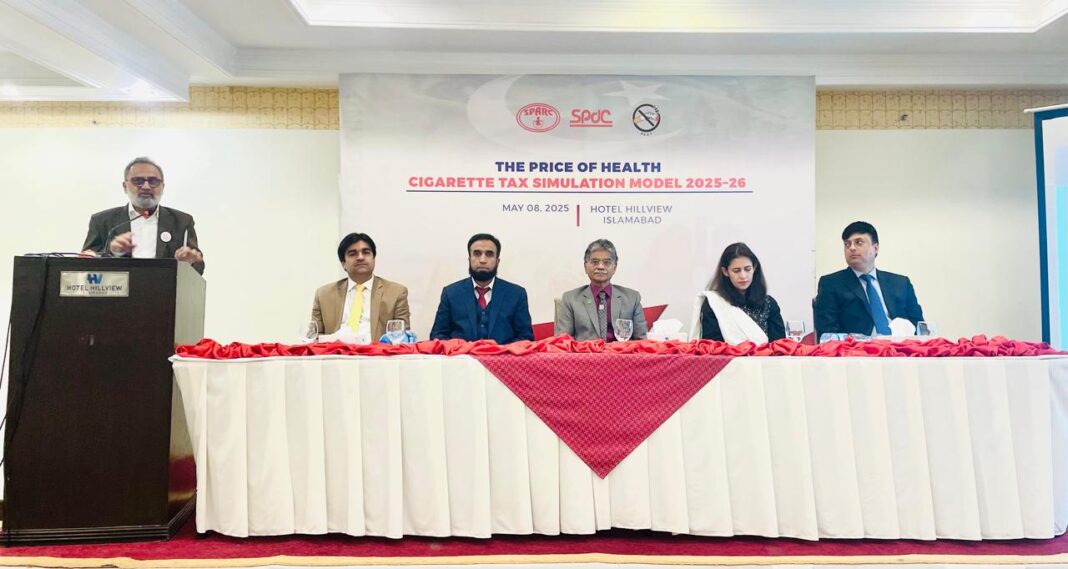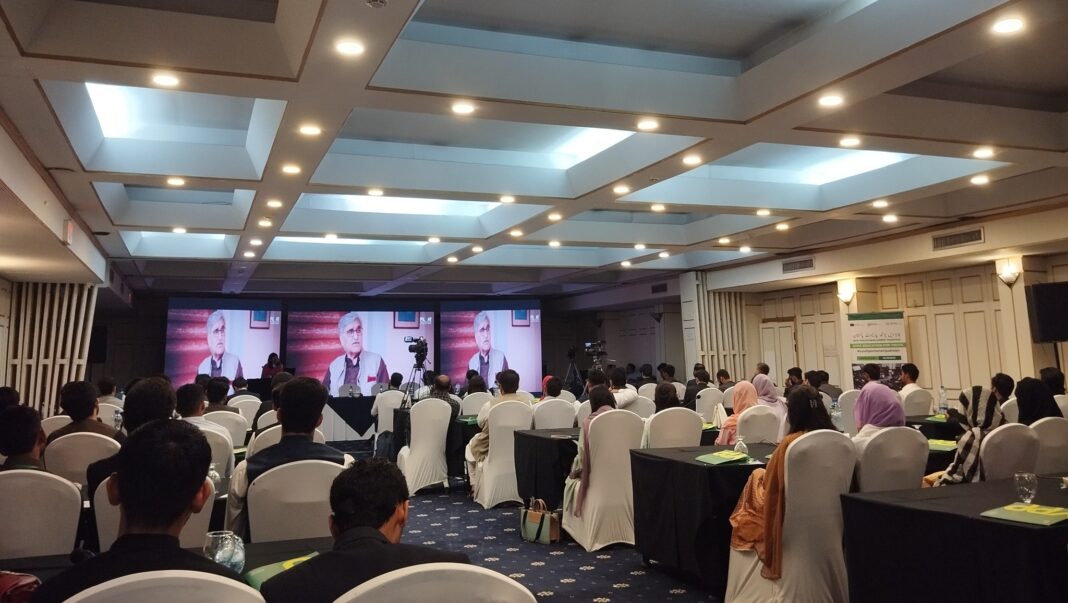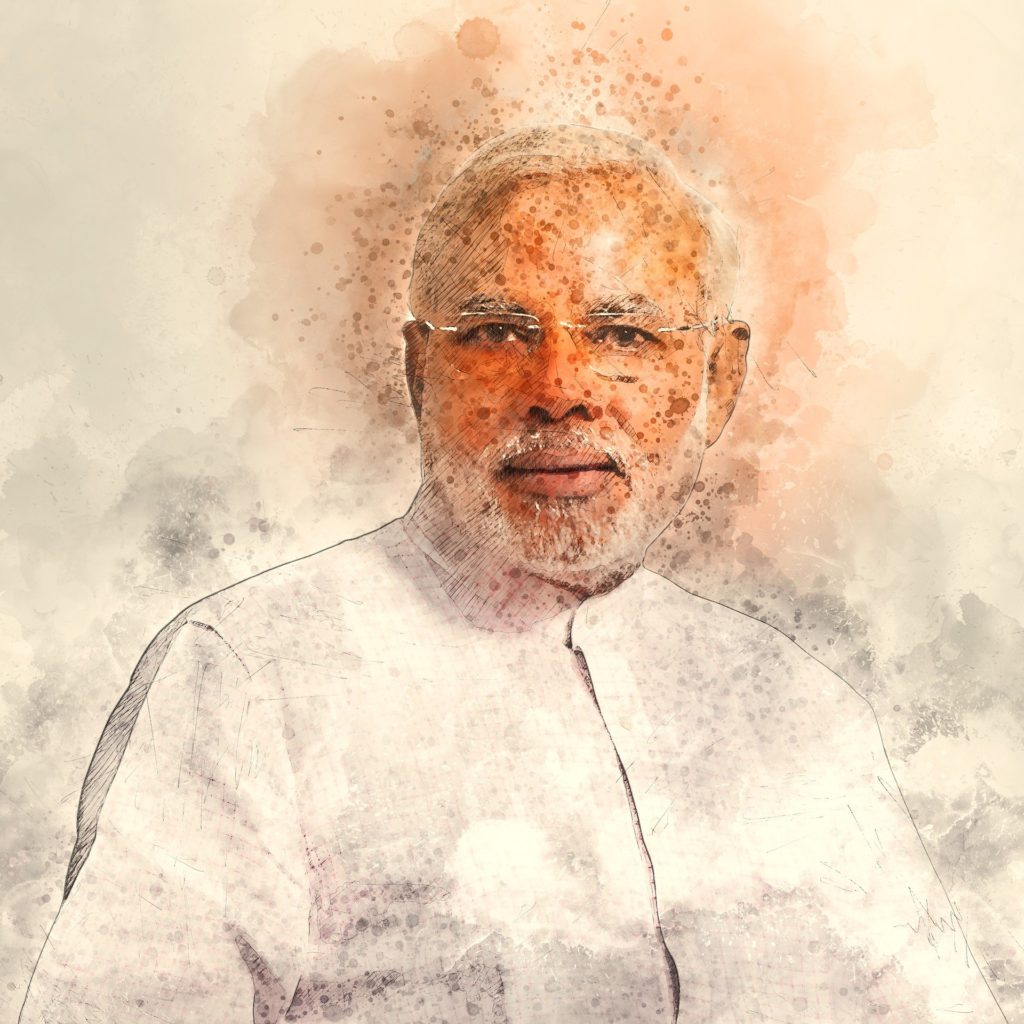OU
ISLAMABAD: The Society for the Protection of the Rights of the Child (SPARC), in collaboration with the Social Policy and Development Centre (SPDC), launched “The Price of Health: Cigarette Tax Simulation Model 2025–26.” This model provides evidence-based insights into how effective tobacco taxation can improve public health outcomes and generate vital government revenue. According to the model, if the government increases the Federal Excise Duty (FED) on cigarettes by Rs. 39 per pack in the upcoming fiscal year, it could generate an additional Rs. 67.4 billion in revenue.
Muhammad Asif Iqbal, Managing Director of the Social Policy and Development Centre (SPDC), said while presenting the model “Pakistan needs to take bold steps to unlock billions in potential revenue while tackling the public health dangers linked to tobacco use. A Rs. 39 increase in the FED will generate Rs. 67.4 billion—Rs. 58.2 billion from FED and Rs. 9.2 billion from GST. There has been no change in FED since February 2023, and the decrease in the real price of cigarettes due to high inflation has made them more affordable.”
He further noted that cigarette prices in Pakistan remain lower than in many parts of the world. “There is clear evidence that higher tobacco taxes result in lower smoking rates and increased government revenue. Without urgent action, Pakistan could see 490,000 new smokers in the coming year. The government must take decisive steps to sustain progress and protect public health,” he urged.
Mr. Iqbal also pointed out that multinational companies often exaggerate the size of the illicit market, engage in frontloading, and underreport sales to evade taxes and pressure the Federal Board of Revenue (FBR) for tax reductions.
He concluded by highlighting that research evidence has shown the tax increase in February 2023 was a win-win policy—it reduced cigarette consumption by over 19%, while revenue from FED and GST increased from Rs. 179 billion in 2022–23 to Rs. 298 billion in 2023–24.
Prof. Dr. Matiur Rehman, Dean of Allied Healthcare Sciences at the Health Services Academy (HSA), shared alarming statistics about the health impact of tobacco in Pakistan. He highlighted that over 160,000 deaths annually are linked to tobacco-related diseases. With 31.6 million adult tobacco users and 17.3 million smokers across the country, Pakistan is facing a major public health crisis—further compounded by the fact that nearly 1,200 children aged 10–14 start smoking every day. The economic burden of smoking in Pakistan is estimated at PKR 615.07 billion, which accounts for 1.6% of the country’s GDP.
Mr. Syed Ishtiaq Gillani, Chair of the National Action and Coordinating Group against Violence against Women and Children (NACG) and Chief Executive Officer of the United Global Organization of Development (UGOOD), strongly urged the government to prioritize the proposed tax increase in the 2025–26 budget. He emphasized that raising the Federal Excise Duty (FED) on cigarettes would not only support economic growth but also save lives by reducing tobacco use. By implementing this measure, Pakistan can take a significant step toward a healthier and more prosperous future. The health of our future generations is at stake, and this is a challenge we cannot afford to overlook,” he stated
Dr. Khalil Ahmad Dogar, Program Manager at SPARC, urged all stakeholders to work together to protect children and youth from an industry that causes billions in losses to the national economy. He emphasized that raising tobacco taxes should be a regular and consistent policy measure. He added that the affordability of cigarettes is a key factor driving children and youth to start smoking.
Other key representatives from the Ministry of Finance, along with members of civil society, public health activists, and journalists, also attended the event and shared their remarks on important tobacco-related issues, including taxation.








